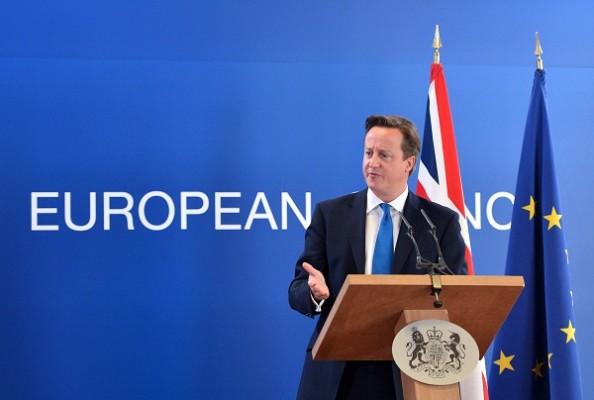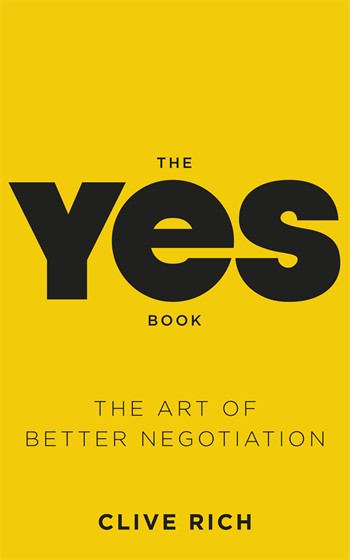 Interesting to see Tory MP John Redwood defending the actions of the rebel MP’s who voted against the Coalition, and with Labour, to inflict a Commons defeat over the UK’s negotiating stance regarding the EU Budget for the period 2014-20.
Interesting to see Tory MP John Redwood defending the actions of the rebel MP’s who voted against the Coalition, and with Labour, to inflict a Commons defeat over the UK’s negotiating stance regarding the EU Budget for the period 2014-20.
David Cameron’s position over budget negotiations so far has been to insist that the Budget should stay frozen in real terms – i.e. when adjusted for inflation. This is the position he proposes to take to next month’s Council summit meeting – with the threat of using the UK’s veto if the other EU countries do not agree to it. The response articulated by the likes of John Redwood was that this does not go far enough, and at a time when Britain’s own Public Spending plans are being squeezed, the UK should insist that the EU should also reign in its budget with real cuts of its own.
You can understand the raw emotional appeal of this position at a time when citizens in the UK and many other EU countries are bearing the full weight of austerity measures. How realistic is this as a negotiating stance though?
Don’t bid more than you can Reasonably Justify
John Redwood suggested that as a negotiator you should always ask for more than what you want, then see what happens and negotiate accordingly. Is this a sophisticated enough view of the process of bidding when negotiating? Certainly when you put in a bid as a negotiator it should be the strongest bid you can reasonably justify. However, that “reason” that you give needs to be good enough not just to justify the bid to yourself, but also for the other side to understand and appreciate why you have made that proposal. If the rationale behind your bid sounds reasonable to you but completely “unreasonable” to the other side, then they are likely to dismiss your bid out of hand. This doesn’t mean that you have to come up with an opening bid they will agree with, just that your opening bid needs to show an appreciation of their needs and motivations in the negotiation.
Looked at from this perspective, demanding a reduction in EU spending does not look like a sensible place to start the bidding. Of the 27 EU countries 17 get more out of the EU budget than they put in. Are they likely to vote for a real reduction in EU spending? Presumably not. They will have a reassurance need to continue to receive that funding so as to supplement their own domestic spending programmes. There has already been hostility from other countries to the UK’s existing stance of a budgetary freeze for precisely this reason. Drilling down the EU budget into its constituent features only reinforces this logic.
In 2011 the EU budget was approximately €142 billion of which the UK contributed about 8.5%. Of this amount some 45% was spent on structural and cohesion measures (e.g. investment in poorer regions). 31% was spent on subsidies and market related expenditure (e.g. farming subsidies). A further 11% was spent on rural development. It is difficult to see any of the beneficiaries voting to reduce any of that. That leaves only 6% which is used to fund the EU’s obligations abroad (eg to developing nations) and a further 6% which is used to fund the EU’s administration – the cost of running the Council, the Commission and the Parliament. You could see that there could be more scope for agreement on reducing spend in these areas – especially in relation to admin where there is probably a perception among voters and member governments alike that the EU’s structure is bloated and takes a generous view of its entitlement to expenses. However, this area only accounts for some Euros 8.5 billion per year. Not insignificant, but not big enough that reducing the UK’s share by, say 10%, would yield a triumphant sum.
On this basis arguing for a budget reduction is a non-starter (other than perhaps in relation to admin costs). Taking this hard-line position may make for good poplulist headlines for the rebels (and the Labour party), but it doesn’t actually give David Cameron any chance of getting a negotiation started.
Making a strong opening bid is always a good idea, but making an unrealistic opening bid that just alienates the other side by ignoring their motivations is not normally a good place to start.

